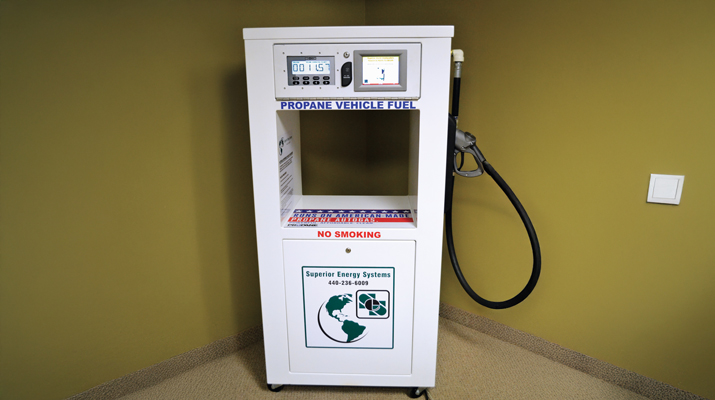Lead with moral authority and stay safe
Make an effort to change your ways or continue to show indifference
It seems every day we find a media story about a politician or business leader who has lost his or her moral authority to lead.
In essence, this means they can no longer be an effective leader due to some indiscretion, political offense or act of double standard while in a position of authority.
The paparazzi are waiting in the wings to exploit any human frailty of character, and such allegations of weakness are often exploited in the press. When it comes to moral authority, we all live in a glass house.
The best view is always hindsight, and I may not be alone in confessing to my own occasional bad judgment of word or deed. We all make mistakes in judgment, especially when we are busy.
It is our ability to see ourselves for whom we really are that can help us look in the mirror and reassess our effectiveness when it comes to leading with moral authority.
Moral authority in the propane industry is deeply rooted in our consistent commitment to safety.
Plaintiff attorneys are waiting in the wings to exploit your moral authority when it comes to your company’s commitment to safety. If you or any of your employees had to testify regarding training, work performed or management orders about a specific safe work process and compliance, would you sound credible?
In my safety programs, I tell a story about a division manager who ordered a plant manager to drive a bobtail with no brakes to a repair shop rather than incur the tow expense. The manager refused, and the division manager, who did not possess a commercial driver’s license, climbed into the truck and drove, coasting through stop signs, to the repair shop. He then ordered the manager to wash the truck in front of other employees to show them what would happen if they disobeyed an order.
What message was sent to employees about the importance of safety? The moral authority to lead was lost.
That same example will apply to any owner or manager who fails to adhere to code compliance either by ordering employees to bend rules or doing it in front of them. Employees will say, “Heck, if the boss can make exception, so can I!”
I’m reminded of the father who was called into the grade school principal’s office to discuss his daughter’s colorful language. Young eyes and ears see and hear all.
So it is with your employees. In working with propane companies over the past 40 years, I have found that employees always mirror the moral authority of management.
Owners and managers must first recognize the problems.
As I raised doubt about its future ability to buy insurance, a company owner defiantly told me: “Nobody has ever not been able to buy insurance!” To which I said: “Not yet, but if you keep having explosions and fires due to failure to perform a leak check on out of gas, you could be the first.”
Later I explained that he will always be able to buy insurance if he can demonstrate that he has eliminated the liability threats and exposures that plague his loss record. He listened, and today he enjoys competitive rates and an excellent relationship with his insurance company – proving that moral authority can be lost and found.
That’s the way it works. Either you make an effort to improve your actions or you will continue to show your indifference.
The Christian philosophy of forgiveness is based upon the premise that you will change your actions from those that offended. Forgiveness is not a “get-out-of-jail-free” card.
When it comes to safety leadership and moral authority, regret is a wasted emotion if it is not backed up by change of attitude and character.
Thanks for all you do to keep our industry safe, credible and profitable. It’s the safety way.
Jay Johnston is an insurance executive, safety management consultant and inspirational safety speaker in the propane industry. He can be reached at jay@the safetyleader.com or 952-935-5350.
















